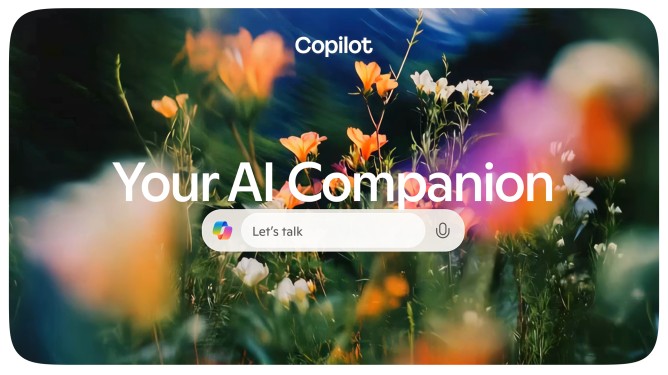Microsoft has rolled out a major upgrade to its Copilot AI assistant, transforming it into a more autonomous and personalized digital helper. The revamped Copilot can now actively interact with websites, remember user preferences, and interpret the real world through a smartphone camera.


A standout among the new features is Copilot’s ability to complete tasks on the web independently. Users have the capacity to instruct the assistant to perform basic duties, such as reserving a restaurant, sending a gift, or making travel arrangements. Microsoft has developed this capability by collaborating with platforms such as Expedia, OpenTable, and Skyscanner to facilitate the direct execution of tasks based on user commands.
The most recent iteration of Copilot functions as an advanced purchasing assistant service. This tool monitors online deals to notify users of price reductions and offers direct purchase links when savings become available, similar to the capabilities of emergent AI-powered search platforms.
Copilot’s most recent update has granted it the ability to comprehend visual stimuli. The device’s camera enables Copilot to comprehend visual content and gallery files, thereby providing users with context-based responses that identify unknown objects that have been discovered through the camera lens or images stored on the device. Copilot for Windows will be granted visual desktop access to assist users in the organisation of files on their desktops, the modification of system preferences, and the navigation of applications.
Copilot now includes a “Pages” feature in its content creation capabilities. This digital workstation, which is inspired by tools such as ChatGPT’s Canvas and Claude’s Artefacts, organises research and notes into structured documents. Meanwhile, a new “Deep Research” function enables Copilot to synthesize complex information from multiple sources, including documents, websites, and images.
Personalization is another area where Microsoft is pushing forward. Copilot now keeps track of user preferences over time, offering suggestions and solutions tailored to individual habits and needs. Users maintain control over what is remembered, with options to delete specific data or opt out entirely.
Additionally, Copilot is embracing audio-based content generation, with the ability to create podcast-like dialogues from online articles or research, mimicking a conversational analysis between two AI hosts. These sessions are interactive, allowing users to interrupt and ask questions on the fly.
While Microsoft hasn’t detailed the technical limitations or potential privacy concerns in depth, it did confirm that safeguards and opt-out mechanisms are in place to give users control over their data and Copilot’s capabilities.
These enhancements position Copilot as a more proactive and dynamic assistant, aiming to close the gap with competitors like ChatGPT and Google Gemini.




